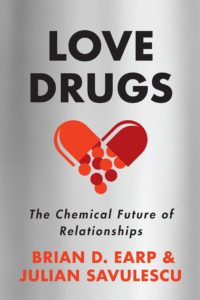Heritable Human Genome Editing Can Cure or Prevent Diseases
By César Palacios-González
More than a year after the fallout from He Jiankui’s announcement to the world that he had edited human embryos in order to made them resistant to HIV, the debate on whether we should move ahead with heritable human genome editing has given no signs of slowing down. For example, just a couple of days ago the UK House of Lords was debating this issue, and the WHO’s advisory committee on genome editing is running a consultation on the governance framework that should rule over human genome editing. While there are many ethical questions surrounding human genome editing, there is a question that recently has gained prominence: is heritable human genome editing therapeutic?Read More »Heritable Human Genome Editing Can Cure or Prevent Diseases

